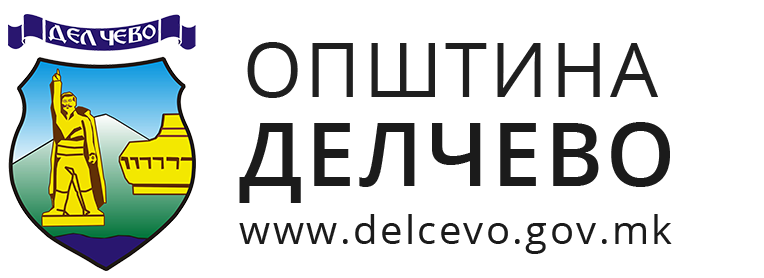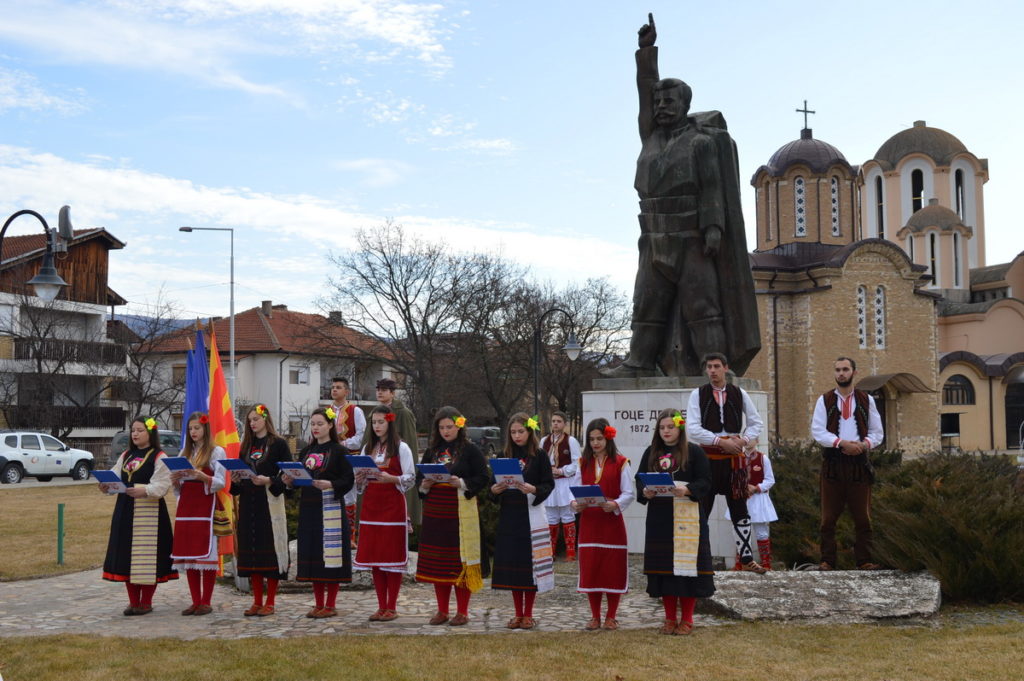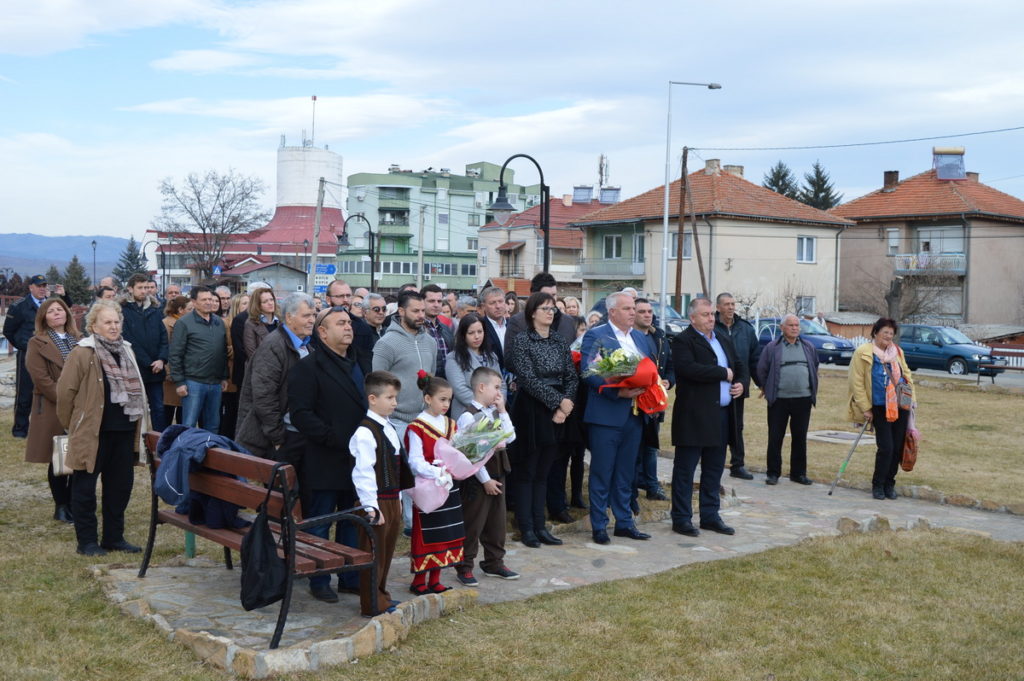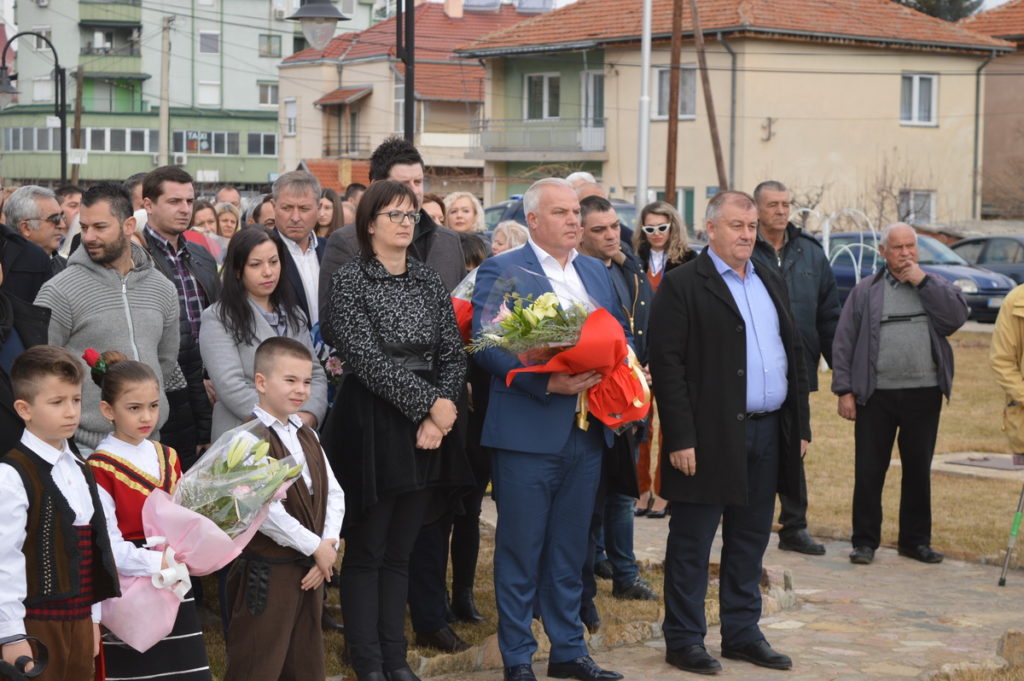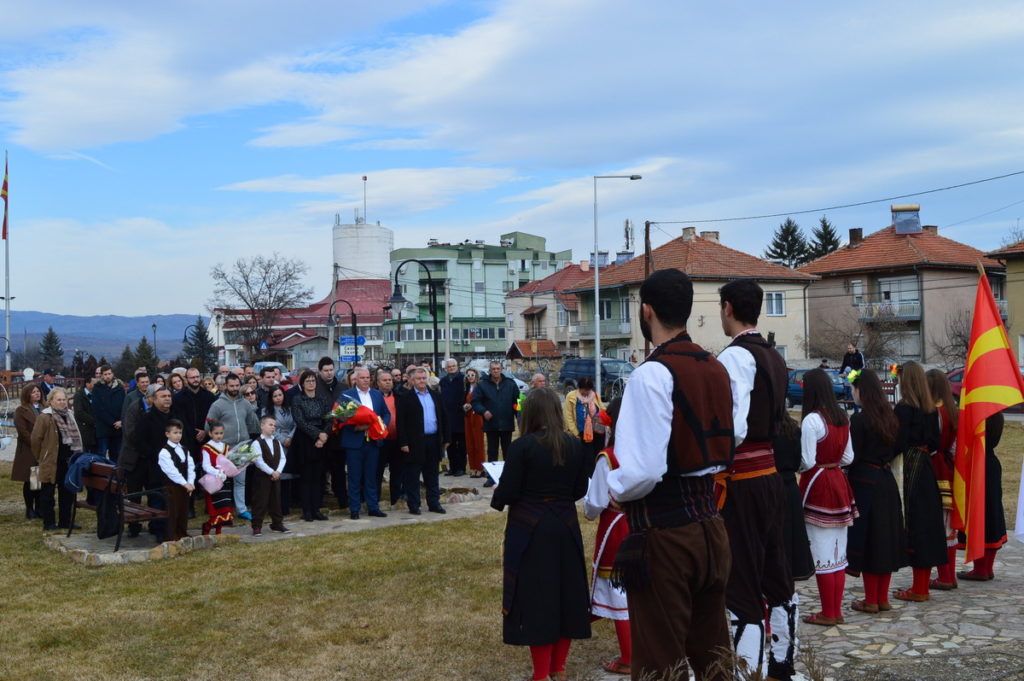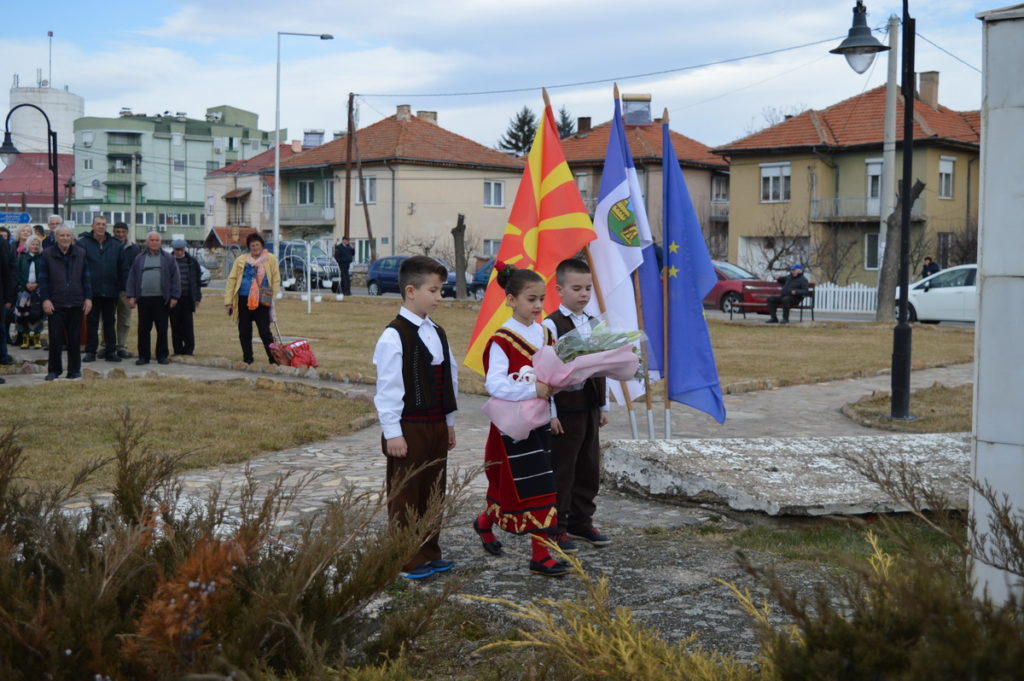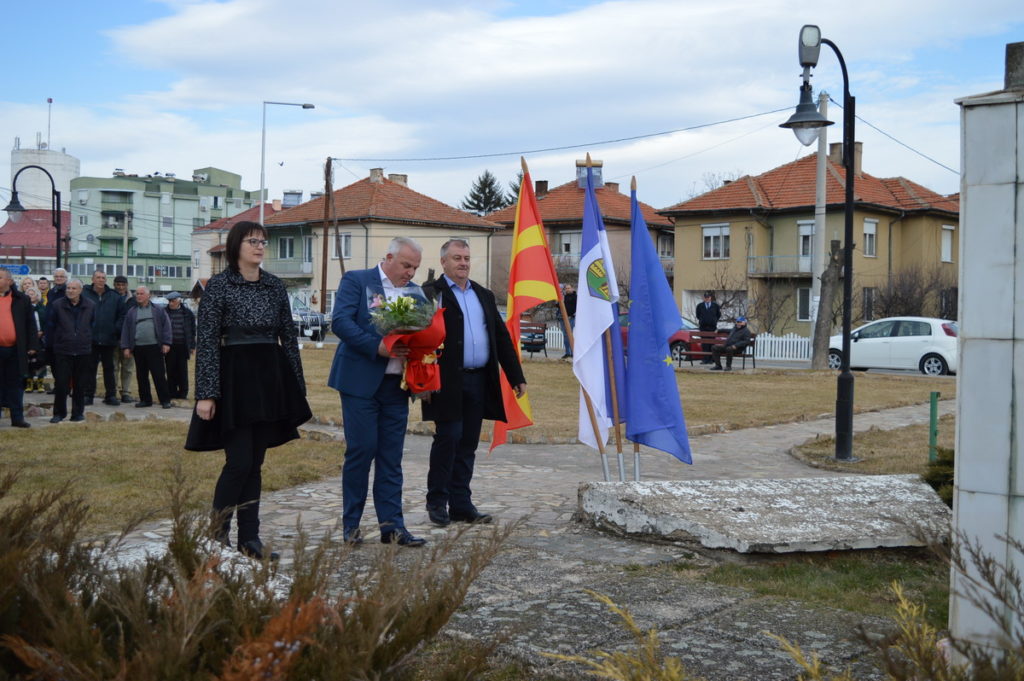The Municipality of Delchevo marked the 148th anniversary of the birth of Goce Delchev, ideologue, organizer and leader of the Macedonian revolutionary national liberation movement at the end of the XIX and the beginning of the XX century.
On that occasion, members of KUD "Goce Delchev" prepared a report on the life and work of Goce Delchev, and in front of the monument of Delchev in the city center bowed and laid fresh flowers: a delegation from the Municipality of Delchevo led by Mayor Goran Trajkovski and representatives from the Council of the Municipality of Delchevo, representatives of institutions, political parties, citizens' associations.
Also, in honor of the character and work of Goce Delchev, the native author Vasil Manevski read several of his poems dedicated to Goce and Macedonia, and also emphasized the idea of reviving the cultural event Gocevi denovi which was held in Delchevo in the past. If this idea is realized as a date for holding the event, May 4 is proposed, a day when in the village. Banica was handed over and Goce Delchev was killed.
Goce Delchev was educated in Kilkis, where he completed his high school education (1879– 1887), in Thessaloniki, at the Thessaloniki Boys' High School "St. Cyril and Methodius University, where he led a secret student revolutionary circle, and in Sofia at the Military School (1891–1894). He returned to Macedonia (1894) and was a teacher in Novo Selo in Stip.
Here he met Dame Gruev and became involved in the leadership of the Macedonian Revolutionary Organization. He expanded the network of the Organization (spring 1895) and organized secret channels through Vinica. In Thessaloniki he participated in the consultation with the leading figures of the Organization: Dame Gruev, Pere Toshev and others. for taking a stand towards the Macedonian Committee established in Sofia. In September he was appointed director of the school in Stip. Before the end of December 1895 Delchev, authorized by the Central Committee of the MRO, traveled to Sofia for talks with the Macedonian Committee and his contribution to the Macedonian cause, but the talks were unsuccessful. He organized MRO checkpoints in Kyustendil and Dupnica (in the beginning of 1896), and in February in Stip he organized a protest demonstration against the government.
He participated in the Thessaloniki Congress at which a new ideology and strategy in action was adopted. Together with Gjorche Petrov, they drafted the new Constitution and Rulebook of the Organization.
During the Done affair he was released due to lack of evidence, but in May he was arrested again and taken to Skopje where he was detained in Kurshumli-an, but was released again. However, the affair drew the attention of the Turkish authorities to Delchev. In September he was appointed head teacher (principal) in Bansko, from where he continued the activity of spreading the network of the Revolutionary Organization. He resigned from his teaching duties and devoted himself entirely to the Macedonian liberation work. He took over the position of Overseas Representative of the MRO in Sofia. In a letter to the Catholic Archbishop of Plovdiv, Menini presented to the Vatican the goal of the Macedonian struggle: to correct the unjust solution of the Berlin Agreement for Macedonia and to gain full political autonomy.
After the Thessaloniki affair, Delchev and Gjorche Petrov, as overseas representatives, took over the responsibilities of the Central Committee. After receiving the notification about the arrest of the members of the Central Committee in Thessaloniki, in mid-March they issued an instruction letter with Gjorche Petrov to the district, district and village committees, as well as to the dukes of the companies, to continue acting according to the existing program.
Delchev was dedicated to the functioning of the secret channels, the courier service, the secret mail, the provision of material resources and the supply of weapons, ammunition, revolutionary literature and newspapers to the Organization. Organized production of bombs and explosives in the village. Sabler (Kyustendil region), Burgas, Plovdiv, and then to Sv. Gora (between the Zografski Monastery and Hilandar). He is the founder of the Chetnik Institute and the creator and educator of the first organizational-agitation detachments and dukes. Together with Gjorche Petrov, they drafted a Rulebook for the companies. With the formation of the village militia, the Chetnik organization was added, which was directly led by Delchev, with the status of chief auditor. The revolutionary organization took over the judiciary and the executive. A secret Macedonian state operated in the Ottoman Empire.
To strengthen the ranks of the Organization, Delchev made several instructional tours. In the winter of 1900 he toured the committees in the Edirne region for better coordination between the Macedonian and Thracian revolutionaries. From August 1901 to March 1902 Delchev toured the committees in the central and western part of Macedonia. He also led the congress of the Edirne Revolutionary District held in Plovdiv in April 1902, and then Delchev toured the central Rhodopes. At the end of September, he strongly condemned the Gornodуumaj uprising. Delchev rejected the decision of the Thessaloniki Congress of 1903 to start an uprising and went to the interior of Macedonia with a detachment to lead the withdrawal of the decision for a mass uprising. In April, he met in Thessaloniki with Dame Gruev, who had just returned from captivity, and the two agreed to lead the uprising with intensified Chetnik actions and terrorist acts.
From Thessaloniki he headed for Serres at the scheduled congress of the Serres Revolutionary District. He arrived in the village of Banica, Sersko on May 3. The army surrounded the village and in the morning the battle killed Delchev, the uncompromising fighter for an independent Macedonian state.





